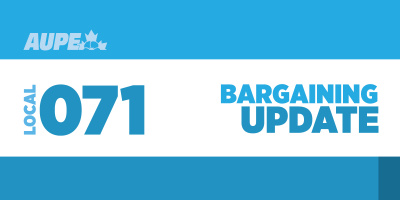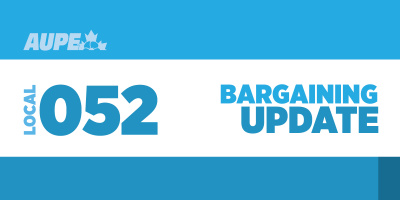by Celia Shea, Communications Staff
What do the free-speech movement, insulin and the design inspiration for your Ikea chair all have in common?
They all started in the same place — post-secondary institutions (PSIs)!
At their best, universities, colleges, technical institutes and design schools are a public good. They produce critical thinkers; expose us to art; expand our political, philosophical and cultural scope.
They’re just one of the many pillars of engaged citizenry – and today, in Alberta, they’re under attack. By cutting public grants for PSIs, the UCP government has forced Alberta’s PSIs to act more like private institutions and seek new revenue in the form of corporate subsidies.
While moonlighting for private business might help corporate Alberta, it doesn’t help everyday Albertans. Remove accountability to the public from PSIs, and you remove the three things they do best, like:
1. Science for the community
There’s a lot of university-based research out there, but not all of it benefits the public.
Since the 90s, research coming out of Alberta schools has looked more and more like the applied research & development (R&D) rich companies undertake to boost their bottom-line.
This has resulted in PSIs reflecting the interests of the profitable corporations that invest in them, rather than the Alberta communities in which they reside.
This is exactly the kind of research we need to see at universities. A for-profit wouldn’t fund projects like this, though. Because they want something they can patent, package and sell.
Unlike applied R&D, basic research is rarely backed by private industry. It relies on solid public funding to build on foundational scientific knowledge in important areas of study like climate change and disease prevention, to name a few.
“Unfortunately, the more Alberta’s PSIs rely on corporate cash for funding, the less of this work we’re going to see,” says AUPE Vice-President Mike Dempsey.
At the U of C, the COVID crisis has spurred a surprising surge of publicly funded, basic research projects that are leading to big breakthroughs in the pandemic response. Studies on the virus’s impact on pregnant parents and children; collaborative efforts to find a vaccine; all the way to the development of a new, low-tech COVID testing method that healthcare systems around the world could easily adopt into their current workflow: all are being done at the Southern Alberta university.
“This is exactly the kind of research we need to see at universities. A for-profit wouldn’t fund projects like this, though” says Dempsey. “Because they want something they can patent, package and sell.”
2. Provide quality jobs for Albertans
Beyond research, public PSIs are also the backbone of local economies.
The U of L for example, is one of the largest employers (only second to AHS) in Lethbridge.
From Athabasca to Medicine Hat, PSIs have the capacity to support numerous jobs for Albertans. A $317-million funding cut to school operations in 2020 however, has resulted in over one hundred layoffs of AUPE members employed on campuses.
The timing couldn’t be worse, says Dempsey. According to the June 2019 Albert Alternative Budget, “over the next 10 years, 70% of jobs will require some kind of post-secondary education” (p. 39).
This tells us that support for advanced education should only be growing, and job opportunities in the field should only be increasing.
“Instead the UCP are guiding Albertans down dead-end career paths by manufacturing job markets where there aren’t any,” he adds, referring the UCP’s oil and gas bent.
“This government has promised billions in so-called job creation tax cuts for private corporations that laid off over 19,000 workers between June 2019 and January 2019*, and invested in an industry that’s left thousands of Albertans jobless, in need of new skills.”
Source: Labour Force Survey January 2020, Stats Canada, Table 14-10-0287-01 & Table 14-10-0355-01
Instead the UCP are guiding Albertans down dead-end career paths by manufacturing job markets where there aren’t any.
3. Enrich their cities and towns
If it’s not enough that PSIs are a solid source of jobs when they’re supported, a 2014 report published by the Conference Board of Canada found that for every dollar invested in PSIs, approximately $1.36 of economic value is added to the surrounding communities.
Schools give back, in more ways than one! In Canada, students and staff at urban PSIs have successfully advocated for mixed, affordable housing in their cities by pushing for subsidized student homes around campuses.
Here in Alberta, SAIT’s respiratory therapy program earmarked respirators for AHS to help with the pandemic response. And at the U of C, the student union has started its own campus food bank. (AUPE’s Local 052, who staff the university, were the biggest donors last year!)
To top it off, publicly operated and funded schools offer spaces and resources everyone can use. From the U of L’s renowned Art Gallery, which is home to one of the largest collections of 19th and 20th Century art in Canada, to the U of A’s APIRG, which offers a number of resources for local organizers, PSI are creative hubs for Albertans.
“As Alberta’s PSIs are forced to retrofit themselves to private industries’ needs, features like this will disappear. That’s why AUPE members are banding together in 2020 to save advanced education,” says Dempsey.

